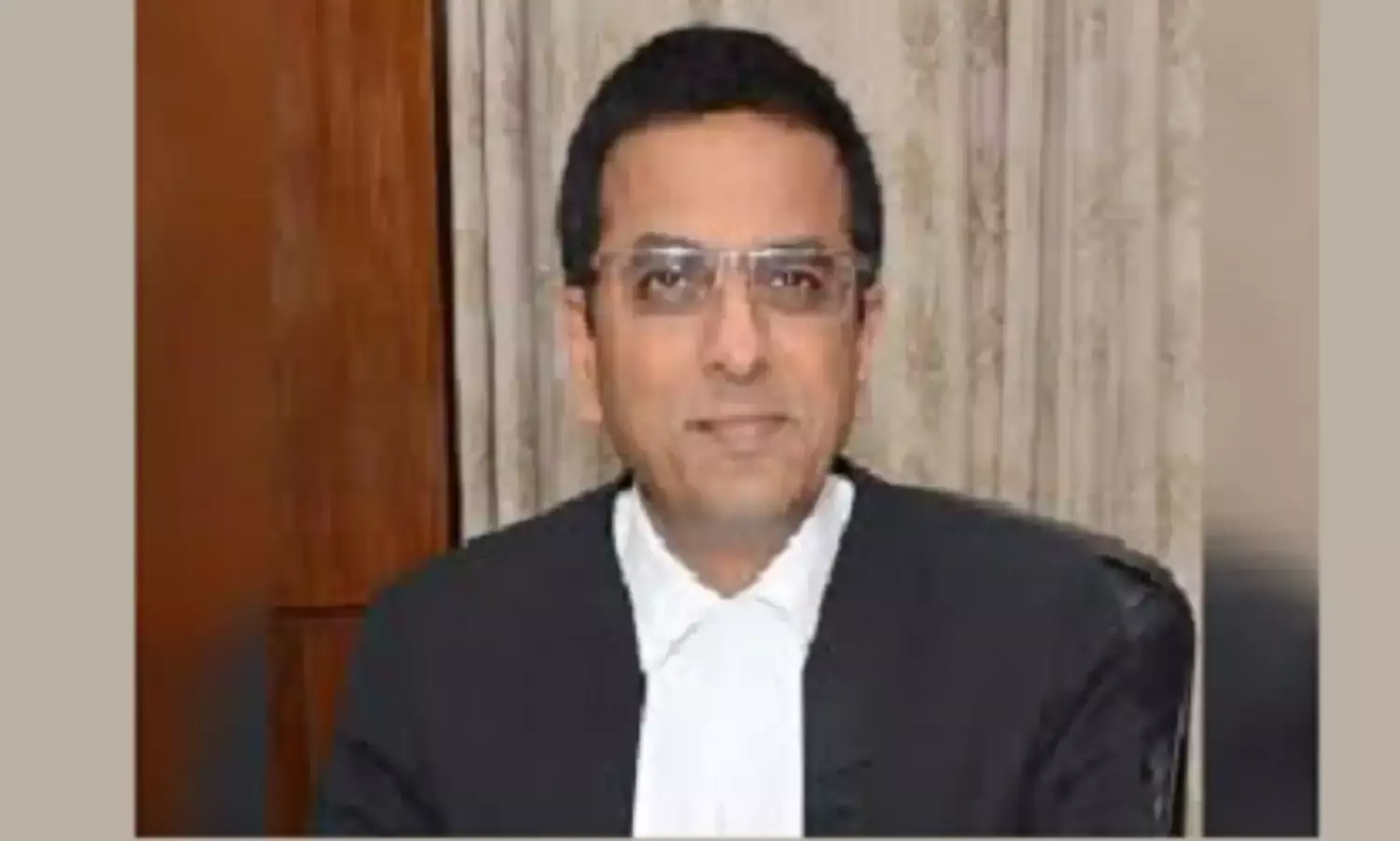Aadhaar Act As Money Bill Is Fraud on Constitution: Justice Chandrachud
Lone dissenting voice in Supreme Court 4-1 Ruling

NEW DELHI: Justice D.Y. Chandrachud – who was part of the five-judge constitution bench headed by Chief Justice Dipak Misra that ruled in favour of the validity of Aadhaar – wrote a separate judgement holding the entire Aadhaar project to be unconstitutional.
“The passing of the Aadhaar Act as a money bill is a fraud on the constitution,” Justice Chandrachud said. “If a constitution is to survive political aggrandisement, notions of power and authority must give compliance to rule of law.”
“Constitutional guarantees cannot be compromised by the vicissitudes of technology,” he added.
It is very difficult to live in contemporary India without Aadhaar as all schemes have been linked with it, Justice Chandrachud pointed out, declaring the scheme unconstitutional. He said that the scheme violated privacy rights and could be used to profile persons and voters. There is a risk of surveillance of people on the basis of data collected under Aadhaar scheme and the data could be misused, he said.
Justice Chandrachud also brought up the issue of consent, saying that the scheme does not provide a robust mechanism to get the consent of citizens before collecting their demographic and biometric data.
Further, he said that the scheme has serious concerns when it comes to exclusion and right to benefits, which cannot be made to depend on authentication of Aadhaar.
The very act of passing Aadhar as a money bill deems it unconstitutional, he concluded.
Justice Chandrachud was the lone dissenting voice as the majority ruled 4-1 in favour of the validity of Aadhaar. Justice Ashok Bhushan also read out a separate statement, but said that he broadly agrees with the majority verdict by CJI Dipak Misra and Justices A.K. Sikri and A.M. Khanwilkar.
With that, the Supreme Court upheld the validity of Aadhaar, albeit with certain conditions.
In summary, here’s a list of where Aadhar is still required, and where the court has ruled that it cannot be mandatory.
. For obtaining bank accounts – Not Required
. For mobile numbers – Not Required
. School admissions – Not Required
. Examinations (NEET, CBSE etc) – Not Required
. Aadhaar–PAN linkage – Required
. Section 33(2) [disclosure of Aadhaar information to an officer not below the rank of Joint Secretary to the... Government of India] – Struck Down
. Section 33(1) [disclosure of information on the basis of a court order] – Read Down. The Court has held that the individual should be given the opportunity of a hearing
. Section 57 [use of Aadhaar number for establishing the identity of an individual for any purpose, whether by the State or any body corporate or person] – Struck Down
. Section 47 [no court shall take cognisance of an offence under the Act except on a complaint made by the UIDAI] – Modified. Should include a provision for an individual to file a complaint.



